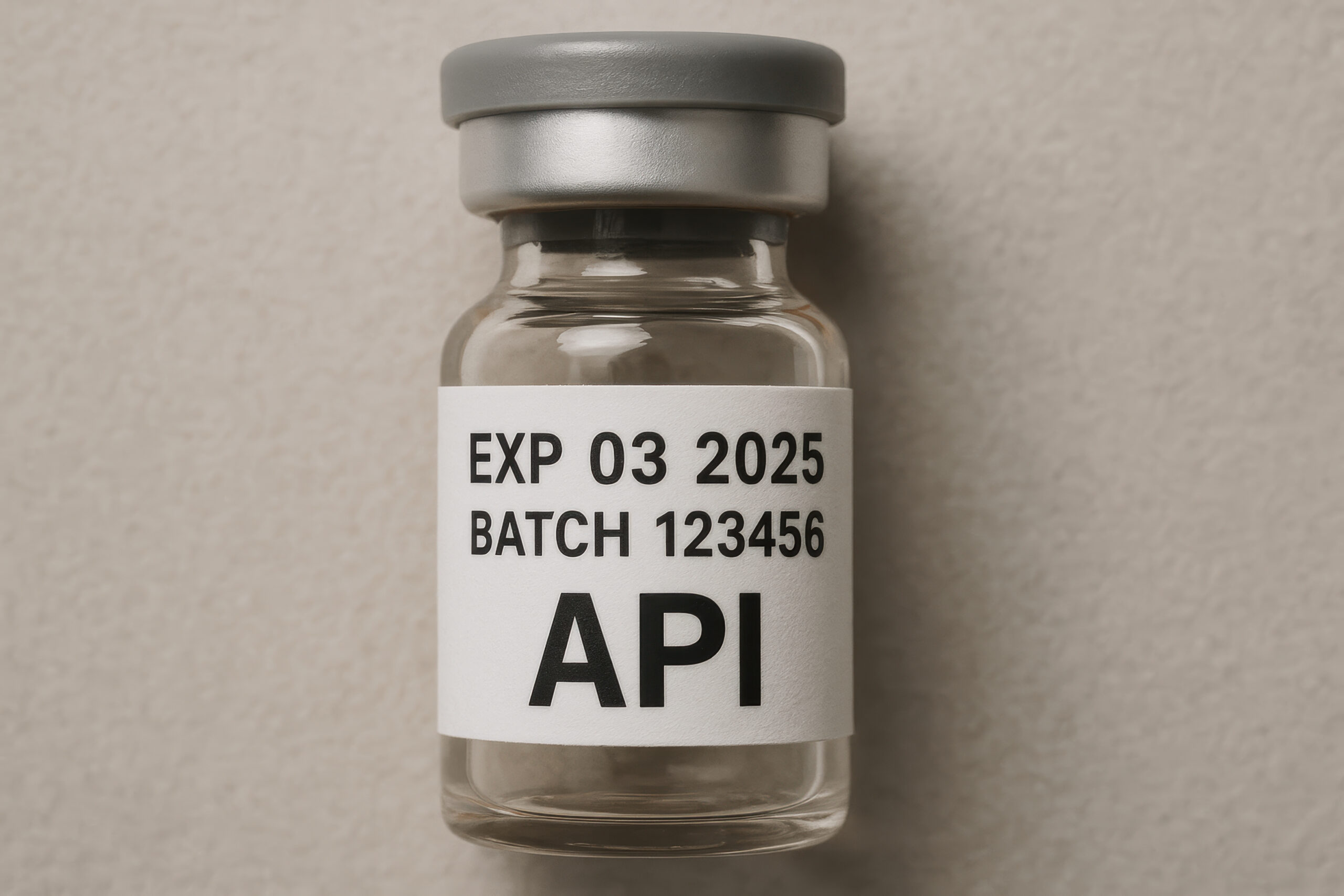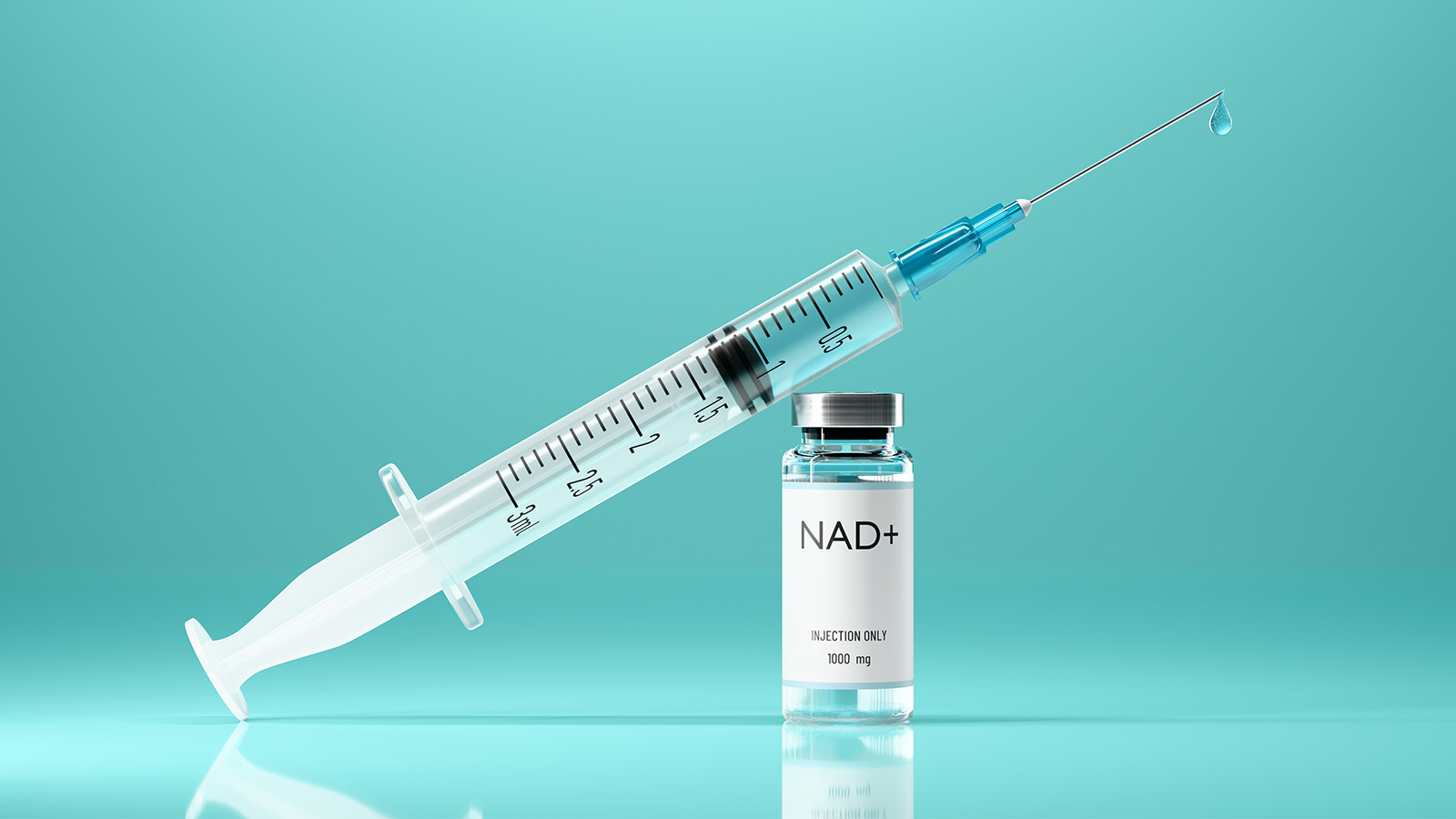In today’s healthcare environment, precision and personalization are no longer luxuries—they’re expectations. Yet despite the increasing demand for customized compounded sterile preparations, many people, including healthcare professionals, still misunderstand the vital role that 503B outsourcing facilities play in optimal wellness and preventative health.
At ProRx, we are proud to be a cGMP-compliant, FDA-registered 503B outsourcing facility committed to safety, consistency, and high-quality therapeutics. However, we know that there are still widespread misconceptions about what we do—particularly about how 503B outsourcing facilities operate.
The World of Compounded Pharmaceuticals
First, what are compounding pharmacies and are 503A and 503B pharmacies the same?
503A and 503B actually refer to sections of the Federal Food, Drug, and Cosmetic Act (FD&C Act) and they are not the same.
- Section 503A: First enacted in 1997, it describes the conditions under which drug products can be compounded by a licensed pharmacist or physician in a state-licensed pharmacy for an individual patient based on the receipt of a valid prescription.
- Section 503B: This was created to strengthen the role of the FDA in 2013 in response to a 2012 fungal meningitis outbreak that involved 753 patients in 20 states who contracted fungal infections, resulting in 64 deaths, after receiving steroid injections from the New England Compounding Center in Massachusetts. Investigations revealed serious deficiencies in NECC’s compounding practices, including unsanitary conditions, lack of sterility testing, and potentially unsafe dispensing practices.
Section 503B was signed into law (as part of the Federal FD&C Act) in 2013 and created the category of Outsourcing Facilities that can manufacture sterile and non-sterile preparations in bulk and can deliver them to hospitals, surgery centers, med spas, and clinics without needing patient-specific prescriptions. 503B outsourcing facilities are regulated by the FDA.
How 503A and 503B Compounders Operate
503A and 503B compounders operate in very different ways. Here’s an overview on what sets 503B compounders apart:
- FDA regulated
- No patient-specific prescriptions required
- Higher production capacity
- cGMP compliant
- Advanced quality systems including stability testing and controlled documentation
The Facts About 503B Outsourcing Facilities
Below we examine the common misconceptions surrounding 503B Outsourcing facilities and discuss the facts to help you understand their value and role in today’s increasingly patient-centric healthcare world.
Compounded medications are unregulated and unsafe.
503B facilities are among the most heavily regulated entities in the pharmaceutical space. Unlike 503A pharmacies, which are primarily overseen by state boards of pharmacy, 503B facilities must register with, and are regularly inspected by the FDA. 503B facilities are required to comply with Current Good Manufacturing Practices (cGMP)—the same standards that govern large pharmaceutical manufacturers.
If the preparations themselves are not FDA-approved, then 503B compounded preparations must not be trustworthy.
While it’s true that 503B compounded medications themselves are not FDA-approved (because they are not mass-produced, trial-tested drugs), the 503B facilities that make them are FDA-registered and FDA-inspected. This means:
-
- Oversight from federal authorities
- Enforcement of drug-manufacturing standards
- Mandatory adverse-event reporting
- Recall-readiness protocols
All 503B outsourcing facilities are equal.
Many potential clients think that if a facility is registered with the FDA as a 503B outsourcing facility, then it must be high quality, safe, and fully compliant—so any one is as good as the next. Being registered with the FDA is just the starting point—not a guarantee of quality. There is significant variation among 503Bs in terms of:
-
- Quality standards
- Capabilities
- Regulatory compliance
Hospitals, surgery centers, med spas, medical clinics, and other potential healthcare partners need to treat 503B selection like any other critical vendor decision—with due diligence, compliance checks, and performance validation.
503B outsourcing facilities can compound anything.
Another common myth is that 503B compounding is a way to get around purchasing commercial medications. This is not only incorrect—it’s also illegal. 503B facilities cannot compound drugs that are “essentially copies” of FDA-approved products unless there is a documented clinical need such as a drug shortage, a required formulation not available commercially, or an alternative route of administration for a vulnerable population. Also, 503Bs cannot use substances not approved for compounding. Clients often assume a 503B can custom-make whatever they need—that is not always true.
503B outsourcing facilities are expensive workarounds—second best or a temporary fix. They are not the ideal or standard solution. They are only a backup or alternative to use when healthcare systems, clinics, med spas, and physician’s offices can’t get what they really want.
There’s a belief that compounded medications—especially from outsourcing facilities—are inherently cost-prohibitive. In truth, 503B facilities often help healthcare providers save time and money while improving patient safety. How?
-
- Bulk purchasing reduces cost per dose
- Ready-to-administer formats reduce preparation errors and waste
- Sterile, pre-labeled packaging improves efficiency and reduces risk for frontline staff
- Support during drug shortages keeps essential services running without delay
503Bs are only for hospitals.
While they do serve hospitals and health systems, 503B outsourcing facilities also work with surgery centers, medical clinics, physician practices, med spas, and other healthcare providers. In addition, many 503Bs focus on specific specialties or delivery forms (e.g., ophthalmics, prefilled syringes, pain-management injectables)
Make Sure You Get the Real Truth
503B outsourcing facilities like ProRx aren’t a last resort—they are a vital, proactive part of modern, patient-centered health and wellness. As the demand for personalized, high-quality therapeutics grows, so does the importance of trusted compounding partners who operate with transparency, regulatory rigor, and patient safety at the core.
Compounding has been part of pharmacy for centuries, but the modern 503B outsourcing model represents an evolution—not a throwback. Clearing up misconceptions is essential because when healthcare providers understand the true value and standards of 503B outsourcing facilities, they can make smarter, safer, and more strategic decisions for their patients and practices.
At ProRx, we’re not just filling a gap. We’re setting a higher standard.










